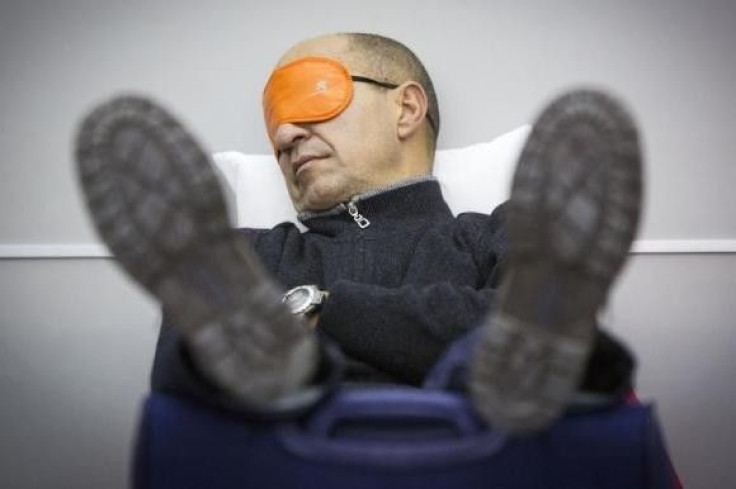Grumpy mood is linked with lack of sleep, study suggests

Sleep deprivation, in addition to its negative impact on one’s physical health, may also be detrimental to emotional balance and mental health, according to a team of researchers.
Lack of sleep affects a person’s ability to control emotions and provokes emotional responses even in neutral objects, according to the new study published in Journal of Neuroscience. Researchers claim that not getting enough shut-eye triggers a neurological mechanism that plays a role in emotion regulation and anxiety.
“We assumed that sleep loss would intensify the processing of emotional images and thus impede brain capacity for executive functions,” said the lead researcher Professor Talma Hendler from the Tel Aviv University. “We were actually surprised to find that it significantly impacts the processing of both neutral and emotionally charged images.”
For the study, the researchers required 18 adults to stay up all night and take two rounds of tests while undergoing brain mapping. The subjects were then asked to describe in which direction small yellow dots moved over distracting images, including a cat, a mutilated body and a spoon. The images invoke positive, negative and neutral emotions, respectively.
The team found that participants who had a good night's rest were able to identify the direction of the dots hovering over the neutral images faster and more accurately. Meanwhile, when the participants lacked sleep, they performed badly in the cases of both the neutral and the emotional images.
"It could be that sleep deprivation universally impairs judgment, but it is more likely that lack of sleep causes neutral images to provoke an emotional response," said TAU graduate student Eti Ben-Simon, who co-authored the study.
To corroborate their findings, the team also conducted a second experiment to test the participants’ concentration levels. Sleep-deprived subjects were found to be distracted by every single image, both neutral and emotional.
"These results reveal that, without sleep, the mere recognition of what is an emotional and what is a neutral event is disrupted. We may experience similar emotional provocations from all incoming events, even neutral ones, and lose our ability to sort out more or less important information. This can lead to biased cognitive processing and poor judgment as well as anxiety," Hendler said.
For their next steps, the researchers are looking at how novel methods for sleep intervention could reduce the emotional impairment seen in anxiety, depression and traumatic stress disorders.
Sleep deprivation is a state caused by inadequate quantity or quality of sleep, including voluntary or involuntary sleeplessness and circadian rhythm sleep disorders, according to Better Health Channel. Lack of sleep results in fatigue, which in turn causes a person to be accident-prone and have impaired judgment. They are also more likely to make mistakes and bad decisions.
Contact the writer at feedback@ibtimes.com.au or tell us what you think below.






